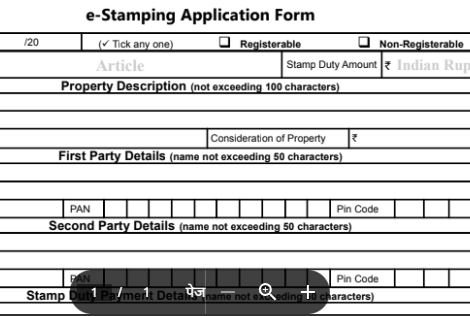15g form download – Filling out tax forms can be a daunting task, especially if you’re not familiar with the specific requirements and procedures. One such form that often confuses taxpayers is the 15G form. In this blog article, we will provide you with a comprehensive guide to the 15G form, explaining its purpose, eligibility criteria, and step-by-step instructions on how to fill it out correctly. We will also include a downloadable PDF version of the form to make it easier for you to access and complete
Understanding the 15G Form
The 15G form is an important document used for tax purposes in India. It allows individuals, specifically those who are under the age of 60, to declare that their income is below the taxable threshold and request exemption from the deduction of tax at source (TDS) by banks and financial institutions on specific investments. Here’s a breakdown of the key aspects to understand about the 15G form
Purpose
The primary purpose of the 15G form is to prevent individuals with lower income from unnecessary tax deductions at source. By submitting this form, eligible individuals can inform the deductor (bank or financial institution) that they are not liable to pay tax on the income earned from certain sources
Eligibility Criteria
To be eligible to submit a 15G form, individuals must meet the following criteria:
a. They should be resident individuals (not applicable to non-resident individuals or HUFs).
b. They must be under the age of 60.
c. Their total taxable income for the financial year should be below the basic exemption limit (which is determined by the Income Tax Department and subject to change each year).
d. The income for which they are seeking exemption from TDS must fall under certain specified categories, such as interest income from savings accounts, fixed deposits, or recurring deposits
Benefits of Submitting the 15G Form
By submitting a valid 15G form, individuals can enjoy the following benefits:
a. No TDS Deduction: Banks and financial institutions will not deduct tax at source from the specified income sources mentioned in the form.
b. Higher Cash Flows: Individuals can receive the full income without any TDS deduction, which helps in maintaining better cash flows.
c. Tax Liability at the Time of Filing Returns: Even though no TDS is deducted, individuals are still required to include the exempted income in their income tax return and pay the applicable taxes, if any, at the time of filing their returns
Procedure for Filling Out the 15G Form
When filling out the 15G form, individuals should ensure the following:
a. Accuracy of Information: Provide accurate personal and financial details, including PAN (Permanent Account Number), contact information, and details of investments generating the income.
b. Self-Declaration: Make a self-declaration stating that the individual meets the eligibility criteria and that the information provided in the form is true and correct.
c. Signature: Sign the form and, if applicable, provide the signature of the person authorized to act on behalf of the individual (e.g., parent or guardian for a minor)
Submission and Retention
Once the 15G form is filled out, it needs to be submitted to the concerned bank or financial institution from which the income is generated. It is advisable to retain a copy of the submitted form for future reference and to maintain proper documentation
Validity and Renewal
The 15G form is valid for one financial year. If an individual meets the eligibility criteria for subsequent years, a new form must be submitted for each financial year
15g form download
| form | 15g form pdf |
| type | |
| pdf size | 153kb |
| pdf page | 3 |
| Official Website | click hare |
Download
Conclusion
Filling out the 15G form doesn’t have to be a complicated process if you have the right information and guidance. By following the comprehensive instructions and tips provided in this article, you can confidently complete and submit the form accurately. Remember to consult with a tax professional or refer to the official tax authority’s guidelines if you have any specific questions or concerns. Access the downloadable PDF version of the 15G form provided in this article to make the process even more convenient for you
(FAQs) related to the 15G form
What is the purpose of the 15G form?
The 15G form is used to declare that an individual’s income is below the taxable threshold, and it requests exemption from the deduction of tax at source (TDS) on certain investments
Who is eligible to submit a 15G form?
Resident individuals who are under the age of 60 and have a total taxable income below the basic exemption limit can submit a 15G form. Non-resident individuals and HUFs are not eligible
Which types of income can be declared on the 15G form?
The 15G form can be used to declare income from specific sources, such as interest earned on savings accounts, fixed deposits, recurring deposits, and other similar investments
Can a minor submit a 15G form?
Yes, a minor can submit a 15G form, but it should be filled and signed by either the guardian or the parent on behalf of the minor
Can I submit a 15G form if my income exceeds the basic exemption limit?
No, if your income exceeds the basic exemption limit, you are not eligible to submit a 15G form. The form is only applicable if your income falls below the taxable threshold
Is it necessary to have a PAN (Permanent Account Number) to submit a 15G form?
Yes, having a PAN is mandatory for submitting a 15G form. If you don’t have a PAN, you will need to apply for one before submitting the form
Can I submit a 15G form online?
Many banks and financial institutions provide online facilities to submit the 15G form. Check with your specific bank or institution to determine if online submission is available
How long is the validity of a 15G form?
The validity of a 15G form is for one financial year. You need to submit a new form for each financial year if you continue to meet the eligibility criteria
Is it necessary to retain a copy of the submitted 15G form?
Yes, it is advisable to retain a copy of the submitted 15G form for your records. It can serve as proof of your declaration in case of any future reference or inquiry
What happens if I submit a false 15G form?
Submitting a false 15G form with incorrect or misleading information is a punishable offense. It can lead to penalties, fines, or legal consequences as per the income tax laws

![[DOWNLOAD] NPCI Form PDF A Comprehensive Guide to Everything You Need to Know [DOWNLOAD] NPCI Form PDF A Comprehensive Guide to Everything You Need to Know](https://pdfformdownload.co.in/wp-content/plugins/contextual-related-posts/default.png)
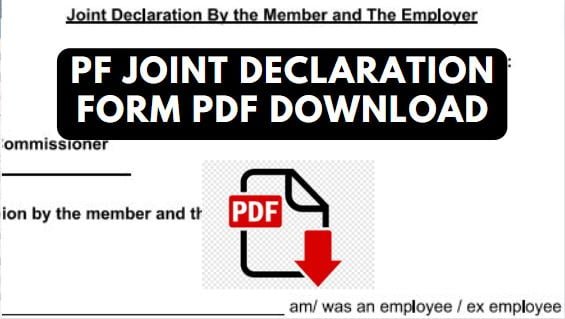


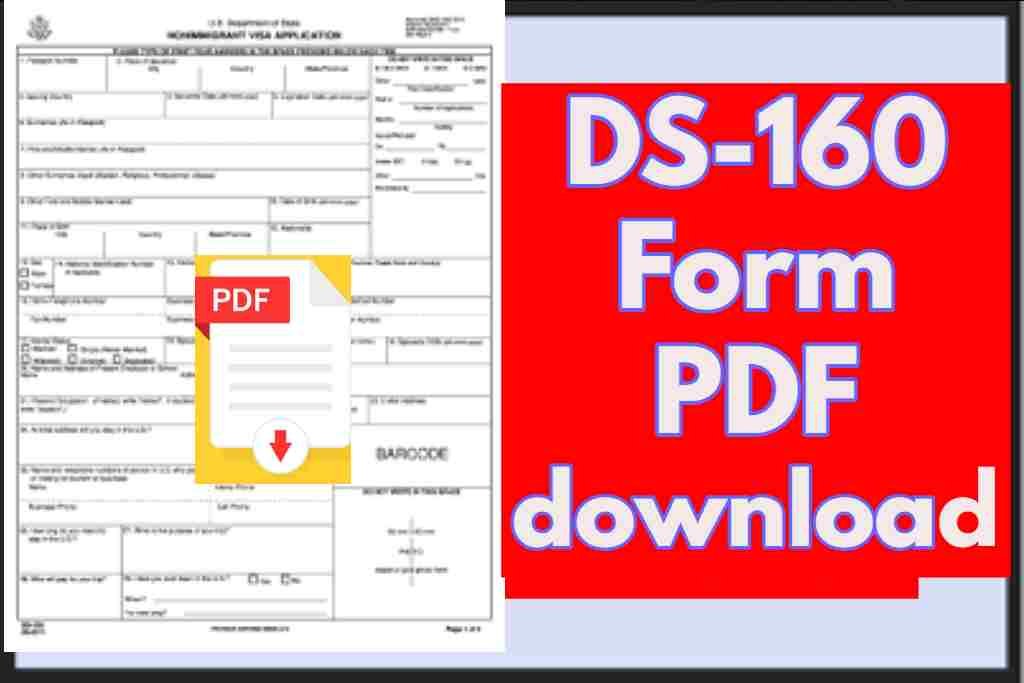
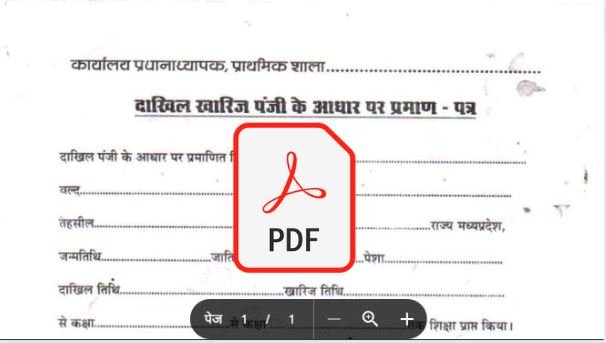
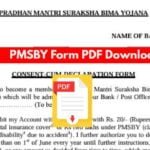
![[PDF] पटवारी प्रतिवेदन फार्म डाउनलोड करें | patwari prativedan form PDF download [PDF] पटवारी प्रतिवेदन फार्म डाउनलोड करें | patwari prativedan form PDF download](https://pdfformdownload.co.in/wp-content/uploads/2023/02/patwari-prativedan-form-pdf-download.jpg)

![[download] free silai machine form pdf 2023 [download] free silai machine form pdf 2023](https://pdfformdownload.co.in/wp-content/uploads/2023/10/free-silai-machine-form.jpg)
